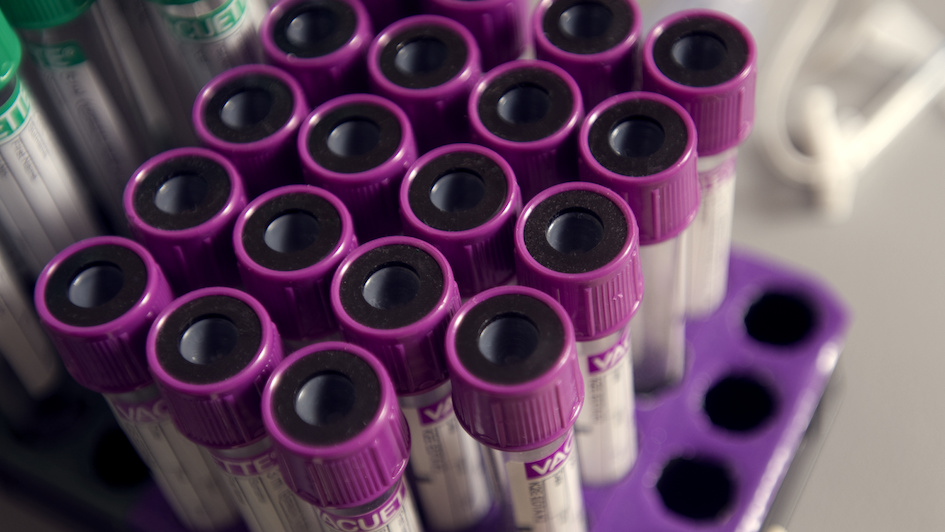
Scientists have used mathematics to predict how many biopsy samples need to be taken from a patient to give an accurate picture of the genetic make-up of their cancer.
Understanding which genetic alterations are present in all of a tumour’s cells, rather than only in some, is important for choosing the most effective treatment for a patient.
The new study will help guide doctors on how best to capture information on genetic make-up while sparing patients unnecessary biopsies. The strategy is to study the similarities and differences between multiple tumour samples from the same patient.
Mix of mutations
The research, which was jointly led by scientists at The Institute of Cancer Research, London, suggests the most important factor is how ‘balanced’ the tumour is in its mixture of genetic mutations.
The balancing of a tumour mirrors the way the tumour grew until diagnosis and is influenced by how mutations spread during tumour growth. In balanced tumours, fewer biopsies are required to identify the genetic alterations present in all cells.
For balanced tumours, the researchers found that just eight samples would give a 99% chance of identifying all the tumour-wide mutations.
In contrast, if one group of cells were five times larger than the other, eight samples would only have a 73% chance of identifying the changes correctly.
The findings are published in Scientific Reports. The study received funding from Wellcome, the Geoffrey W Lewis postdoctoral training fellowship and the Chris Rokos fellowship.
The ICR's Centre for Evolution and Cancer applies Charles Darwin’s principle of natural selection within ecosystems to our understanding of why we develop cancer and why it is so difficult to treat.
Find out more
The ICR researchers and colleagues in the US and Germany tested both bowel and renal cell cancers – and found the bowel tumours were more likely to be genetically balanced. That seemed to be because renal cell tumours have a more complex evolution than bowel tumours.
Study author Dr Andrea Sottoriva, Leader of the Evolutionary Genomics and Modelling Team at the ICR, said: “The rules that regulate the growth and spread of a tumour are written in the genetic data we collect, and uncovering them means we can use these rules, which often differ from patient to patient, to guide clinical decisions in patient care.
“Our study could help researchers develop more targeted, individualised treatments for patients with cancer, by allowing them to get the genetic information they need from cancers, without subjecting patients to an unnecessary number of biopsies.”